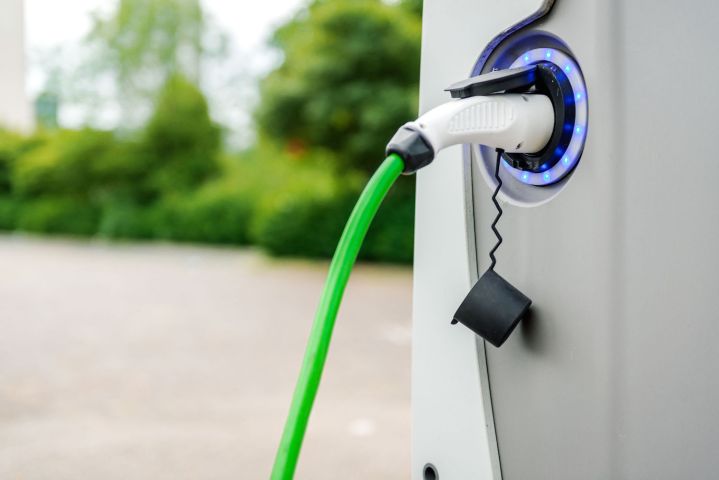
The French government has announced that it will join a number of European countries in the planned ban of petrol and diesel vehicle sales. Though other countries have set the date earlier – 2025 for the Netherlands and Norway, and 2030 for Germany and India – France has targeted 2040 for its stop-sale deadline.
This news comes in the wake of several recent measures and announcements on behalf of the French government. Last year, Paris declared that any vehicle made before 1997 could not be driven within its city limits (a pass was given to cars more than 30 years old). Newly elected president Emmanuel Macron also declared the country would be carbon neutral by 2050. The global impact of France’s 66 million residents (and likely greater numbers by 2040) commuting without any fuel is sure to be significant.
France’s environment minister, Nicolas Hulot, says the ban is part of a plan to drop investment in gas and diesel projects altogether. As a first step, the French government will offer its citizens financial incentives to scrap diesel cars built before 1997 and gas-powered cars built before 2001. We don’t yet know the details about these incentives, but the idea is that people will give up their internal combustion cars in place of alternative energy transport.
To put this plan into action, Macron will need support from private entities, including car manufacturers. Fortunately, several automakers have stated their intention to go mostly electric or all-electric in the next several years. Just yesterday, July 5, Volvo announced its entire lineup would be a plug-in hybrid or pure EV by 2019. PSA (Citroen, DS, Peugeot) made a similar claims recently, which Macron cited in his declaration.
These types of bans will no doubt lead to more all-electric carmakers (like Tesla), or further investments into fuel-less mobility. France and other ban-backing countries may sound ambitious, but with alternative energy tech improving every day, emissions-free travel may be possible sooner than most of us think.


